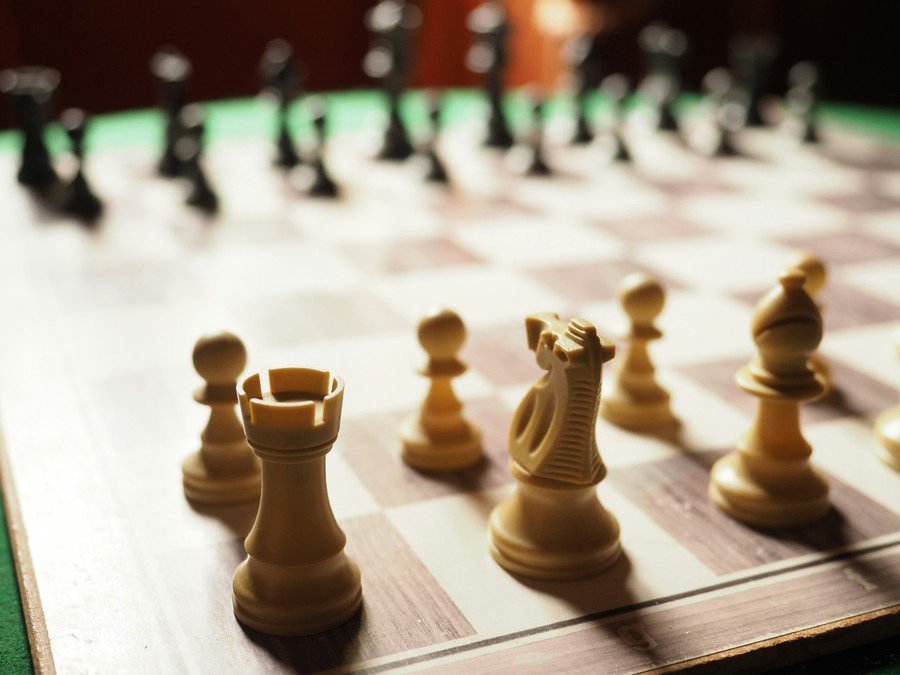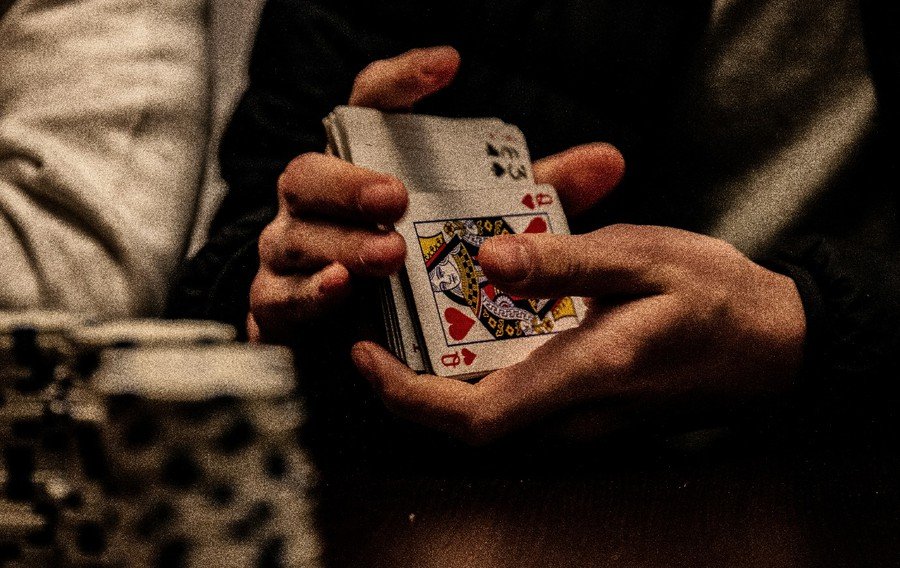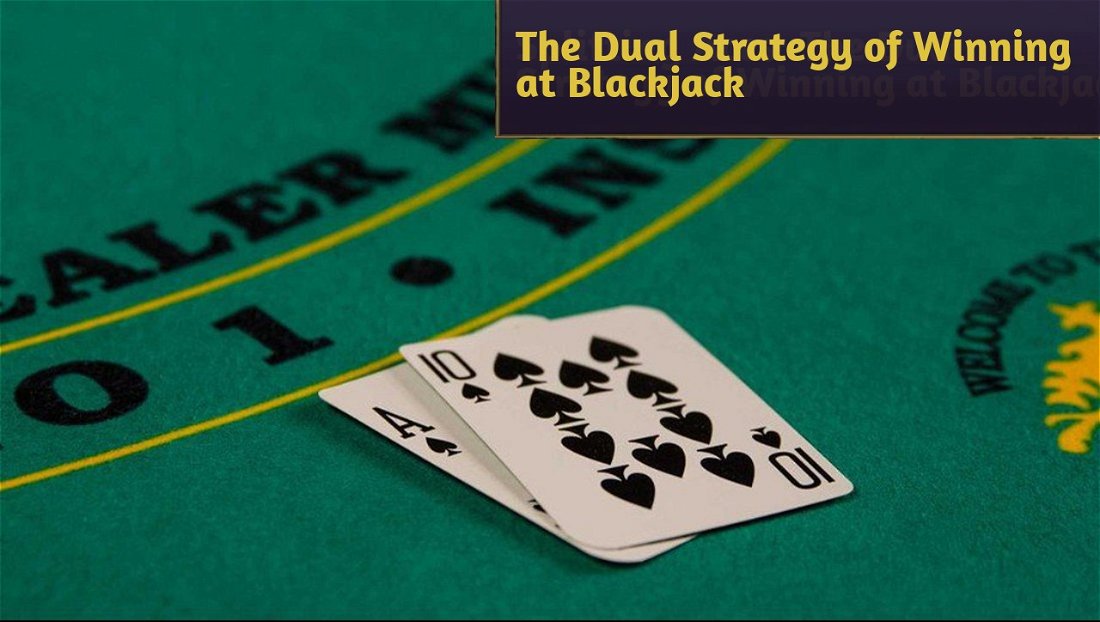If you're unfamiliar with MTC, allow us to tell you that this is a fantasy-based game where players use cards representing magical spells, creatures, and artifacts to defeat their opponents. The game was created by Richard Garfield and released in 1993.
On the other hand, poker is a much older game and involves betting and strategies that help players compete with each other.
Both Magic: The Gathering and Poker are strategy games in which players must make smart choices without knowing everything. In MTG, strategy comes from building a good deck and making smart plays during the game.
In poker, it's about understanding probabilities, reading opponents, and making the best decisions with your cards.
This article will compare the strategies in MTG and Poker, looking at how their different mechanics and structures shape the way they are played.
Game Mechanics and Structure
MTG is a complex game with many complex rules that build different types of cards and thoughtful deck building. There are many card types in MTC, and each has its own specific purpose. We'll tell you all about them in the following:
• Lands: provide mana, which is needed to play other cards.
Ad
• Creatures: These cards can attack opponents and defend against attacks
• Sorceries and Instants are cards with immediate effect
• Enchantment and Artefacts both provide ongoing benefits.
If you want to play this game, find out that you'll do it in turns, each with several phases. A normal turn includes:
• untap cards
• draw a card
• play lands and spells
• attack
• end the turn.
This process involves a lot of thinking from players, as they need to make decisions at every step, like managing resources or deciding when to attack or defend.
The Structure & Mechanics of Poker
The rules of poker are a bit simpler, but it still implies rules and strategic elements that players need to focus on when betting.
Ad
In poker, hands are ranked from high to low, with combinations like pairs, straights, flushes, and full houses. The game progresses through betting rounds where players can check, bet, raise, call, or fold.
The strategy of this game involves:
• Figuring out how good your hand is.
• Guessing what your opponents have.
• Making clever bets to either win big or avoid big losses.
Bluffing, which is acting like your hand is better or worse than it actually is, adds another layer of strategy and skill.
Poker is a game of many faces, so there are several types, each with its own set of rules. Some of the most popular ones are:
• Texas Hold 'em, deals two private cards to each player and five community cards that everyone can use. Players make the best hand they can with these cards.
Ad
• Omaha is similar but gives each player four private cards, and they must use exactly two of them, along with three community cards.
Each variation requires different strategies, but the basics of hand evaluation, betting strategy, and reading opponents apply to all versions.
Strategic Moves and Decision-Making Processes
In both Magic: The Gathering and Poker, being really good at making smart moves and thinking ahead sets beginners apart from experts. This section of our article discusses the detailed aspects of each game, like how to build a strong deck, choose the right cards, and mentally outsmart your opponents.
In Magic: The Gathering gameplay, being strategic means carefully building your deck and smartly managing your resources. You have to decide which cards to include, when to take mulligans, and how to use your mana wisely.

Basically, you need to know some good In Magic: The Gathering tactics. Also, timing your spells and anticipating what your opponent might do are key to winning. You also need to adapt to changes on the board and plan for the long term.
Similarly, in poker, being strategic involves analyzing your hand and making smart betting choices. You need to judge how strong your hand is compared to the community cards and what your opponents might have.
Ad
Making good decisions about when to bet, call, raise, or fold depends on understanding the odds. Sometimes, the best poker betting strategies are bluffing, and tricking your opponents can help you win more money.
You can read all about this and about complex poker strategies on SlotsCalendar, a site that specializes in gambling-related topics. On this site, you may learn all sorts of poker tricks and methods and even bits of poker psychology
. They have articles and guides that break down everything from the basics to the more advanced tactics.
Risk Management and Probability
When you refer to risk in MTG, it means that the players need to consider whether it's worth using powerful cards that could help them win, even if there's a chance it might put them in a bad position.
It's vital to understand the possibility of drawing certain cards and guessing what the opponent might have in reserve. The player must consider whether the benefits of playing a card outweigh the risks and be ready to change plans as the game unfolds.
In poker, the challenges remain the same when it comes to risk and chance. Players calculate pot odds and implied odds to decide whether to eat on hand.
During a game section, players must pay attention to how opponents play and guess what cards they might have; players can reduce their risks and increase their chances of winning.
Using ideas like equity and expected value helps them make smarter decisions during the game.
Ad
Metagame and Adaptation
In both these card games, the meta gems play a crucial role in shaping the strategies and decisions. For example, in MTG, players must know the popular strategies and types of decks their opponents are using. They must adjust their own decks and sideboards to counter those strategies if they want to win.

Similarly, in poker, keeping up with what the other players are doing and adjusting your plan accordingly is essential.
The two games have one thing in common: They both exploit the opponent's weaknesses while adapting the strategy for an advantage.
Conclusion
While MTG and poker are two different card games in both these mechanics, they require strategic thinking and decision-making processes. The similarities show that you can use the skills you learn from playing one in the other.
Whether you're figuring out a complicated situation in MTG or trying to understand a poker hand, you have to think carefully, be ready to change your plans and aim to become a strategic expert.
Ad
Embrace the challenges of these games and enjoy the beauty of strategy to become the pro you deserve.





— Comentarios
0Se el primero en comentar